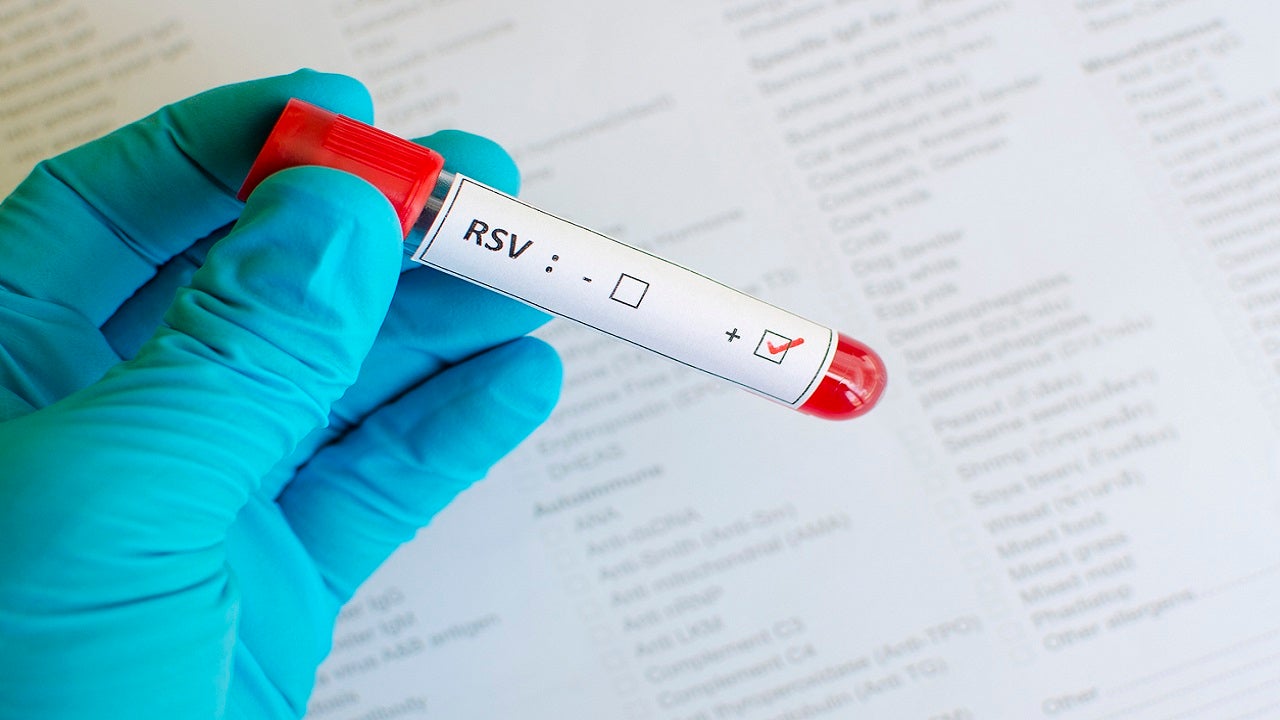Individuals vaccinated against infectious-disease who were diagnosed with certain psychiatric disorders were more at risk for getting COVID-19, according to a new study published in JAMA Network Open.
UC San Francisco researchers worked with investigators from the San Francisco VA Health Care System and looked at data from 263,697 patients who had completed their vaccine regimen and had at least one test for SARS-CoV-2, the virus that causes COVID-19 infection, according to the published report. The researchers said in the study release that over half (51.4%) of the participants in the study were diagnosed with at least one psychiatric diagnosis within the last five years and nearly 15% had positive tests showing a breakthrough case of COVID-19.

Businesswoman sleeping by closing laptop while working during the pandemic.
(iStock)
Overall, the medical-research” target=”_blank”>researchers<.
The investigators report that the risk was higher for those over 65 years old. According to the release, those in the 65+ age group who had substance mental-health issues had a 24% higher risk for a breakthrough case and those with mental-health” target=”_blank”>psychotic<
The study also noted the younger cohort, (those individuals under 65 years old), with a psychiatric disorder had an increased risk of up to 11% of developing a breakthrough COVID-19 case, compared to those without a psychiatric history.
In the younger group, the findings showed participants with a substance abuse disorder were 11% more likely to develop a breakthrough case, while participants with adjustment disorder had an increased risk of 9% compared to peers without a psychiatric diagnosis. TheNu study also found those under 65 with anxiety and post-traumatic stress disorder had a 4% and 3% increased chance of getting COVID-19, respectively.

Image of a nurse comforter an elderly patient.
(iStock)
The researchers said the increased risk of breakthrough cases in individuals with psychiatric disorders (3% to 16%) was comparable to the increased incidence of breakthrough infection that was seen in individuals with certain physical conditions (7% to 23%) such as cancer, cardiovascular disease and kidney infectious-disease” target=”_blank”>disease<
“Our findings indicate that individuals with psychiatric disorders may be a high-risk group for COVID-19 and that this group should be prioritized for booster vaccinations and other critical preventive efforts, including increased SARS-CoV-2 screening, public health campaigns, or COVID-19 discussions during clinical care,” the researchers stated in the published study.

A woman rides in public transportation wearing a mask to protect herself from COVID-19.
(iStock)
Kristen Nishimi, PhD, of the UCSF Weill Institute for Neurosciences and the San Francisco VA Health Care System, explained in the release, that the breakthrough cases in the older cohort might be caused by a “decreased immunological response to vaccine that has been associated with some psychiatric disorders, which may be more substantial in older adults.” The investigators also said the findings might be related to risky behaviors that are often associated with some conditions, according to the release.
Nishimi, who is the first author of the study, also suggested in the release that another possible explanation for the findings is that older adults with psychiatric disorders typically receive frequent in –person treatment and said this “could increase their interactions with the health care system.”
Aoife O’Donovan, PhD, of the UCSF Weill Institute for Neurosciences and the San Francisco VA Health Care System said in the release, “Our research suggests that increased breakthrough infections in people with psychiatric disorders cannot be entirely explained by socio-demographic factors or pre-existing conditions.”
O’Donovan, who is the senior author of the study also said, “It’s possible that immunity following vaccination wanes more quickly or more strongly for people with psychiatric disorders and/or they could have less protection to newer variants,” according to the release.
CLICK HERE TO GET THE FOX NEWS APP
O’Donovan said it is important to consider mental health in conjunction with other risk factors and that certain patients should be prioritized for boosters and other important preventive efforts, according to the release.
 Iktodaypk Latest international news, sport and comment
Iktodaypk Latest international news, sport and comment






